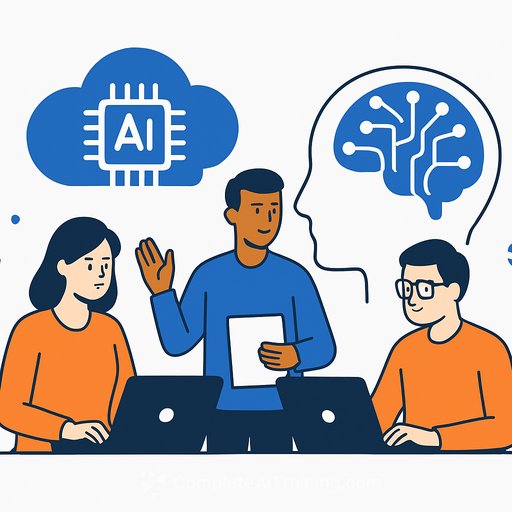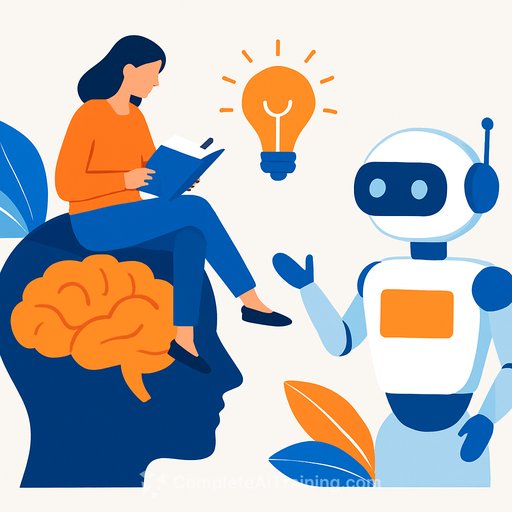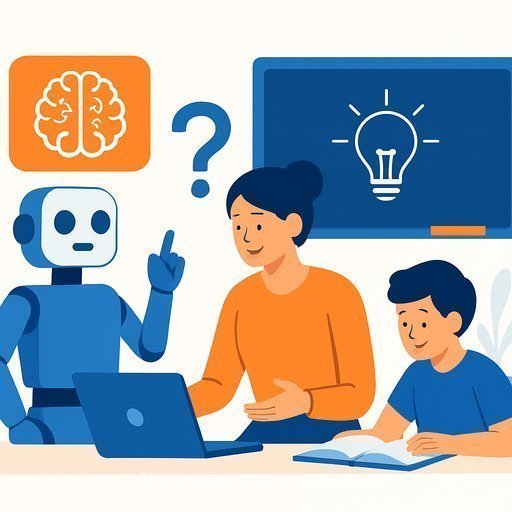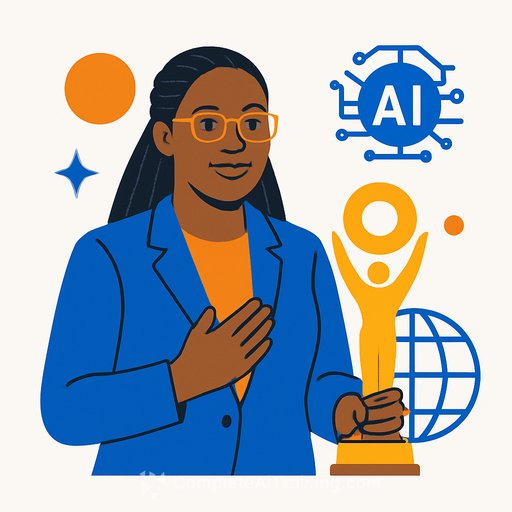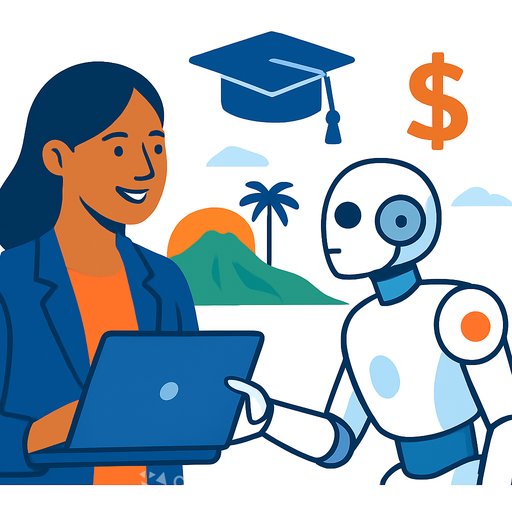Red Deer Polytechnic joins national AI Workforce Readiness program
Red Deer Polytechnic has joined the inaugural consortium for the AI Workforce Readiness (AIWR) program-led by the Alberta Machine Intelligence Institute (Amii) and supported by Google.org. The consortium brings together 29 Canadian post-secondary institutions with an anticipated reach of 125,000 students each year.
The goal is straightforward: close Canada's AI skills gap and give students practical AI literacy that fits inside existing programs. For faculty and academic leaders, this is about course-embedded skills, not standalone electives.
What changes for faculty and program leads
As a consortium member, RDP will send subject matter experts to collaborate with Amii's machine learning educators in dedicated working groups. The outcome: AIWR Curriculum Resource Packages-specialized, open-source materials educators can plug into current courses. This supports the polytechnic mandate of applied, experiential and innovative learning.
- Reading and discussion materials
- Real-world use cases and case studies
- Videos and guided activities
- Lab assessments tied to course outcomes
"We are excited to participate in Amii's AI Workforce Readiness consortium to provide opportunities for our learners to make an impact in AI and innovation in their careers and communities," said Lindsay Engel, RDP's academic and student experience vice-president. "By integrating education, training and applied research opportunities with technology, Red Deer Polytechnic helps to address the social and economic priorities of the province and nation."
National collaboration, local impact
"Amii's goal has always been to make AI education accessible, and the AI Workforce Readiness program is the culmination of that commitment. We are excited to work with our inaugural group as part of a growing national network," says Cam Linke, Amii CEO. "By fostering a strong national collaboration, we are directly addressing the urgent AI skills gap and empowering both instructors and students-especially those in underserved communities-with the necessary AI literacy skills and resources. This foundational work ensures that post-secondary students across the country are equipped for the future of work."
Practical steps for academic teams
- Map current course outcomes to core AI literacy (data basics, model awareness, ethics, automation safety).
- Nominate faculty to join working groups and co-develop resource packages.
- Pilot modules in high-enrollment programs first (business, health, trades, computing) to validate fit and assessments.
- Use lab assessments to measure learning gains and iterate each term.
- Share open-source materials across departments to speed adoption and reduce prep time.
If you're planning curriculum updates or faculty upskilling, you can scan curated AI courses by job role to identify quick wins and baseline competencies for instructors.
This consortium gives educators a clear path: integrate practical AI skills where students already learn, measure outcomes, and scale what works.
Your membership also unlocks:

